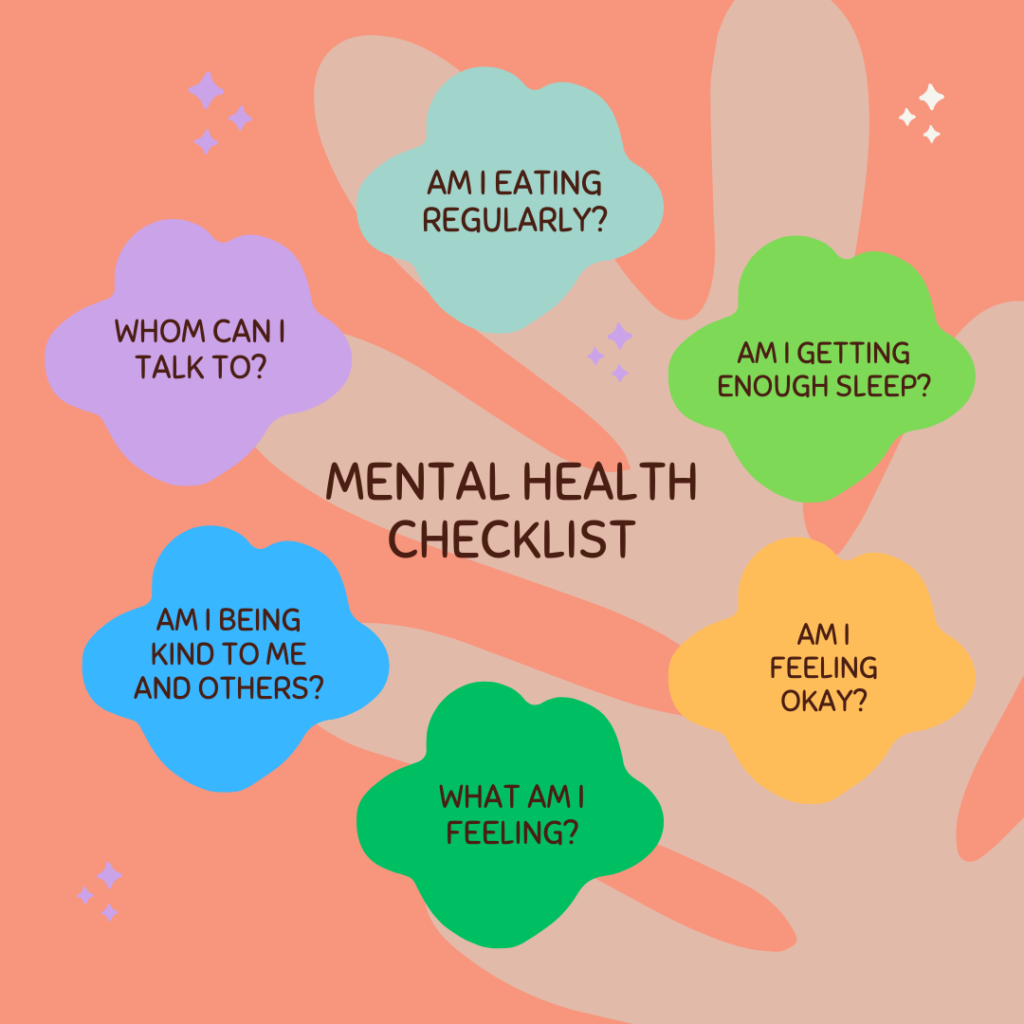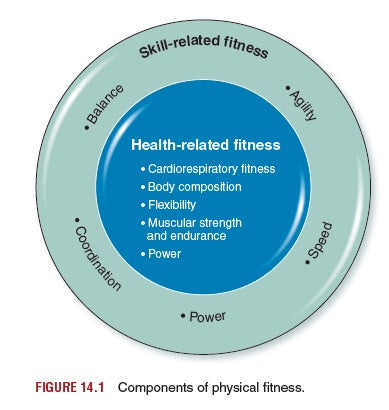Fitness and health Brainly refers to the ability to perform tasks, while health encompasses the overall well-being of the body and mind.
Understanding the difference between fitness and health brainly is important to achieve and maintain a healthy lifestyle, as they are interconnected but distinct ideas. Fitness is often measured by physical strength, endurance, and flexibility, resulting from exercise and physical activity. Health, on the other hand, includes not only physical but also mental and social well-being, influenced by genetics, environment, and lifestyle choices such as diet, sleep, and stress management.
Balancing fitness and health is essential for long-term vitality and quality of life, making it a critical topic for individuals striving for a holistic approach to wellness. Recognizing this difference empowers people to tailor their habits and routines to optimize both their physical capabilities and overall health, leading to a more fulfilling and energetic existence.
Fitness Vs. Health: Unraveling The Terms
Many people mix fitness and health up. But they stand alone. Your body feels and performs differently with each.
Fitness talks about your physical abilities. It means you can do tasks with energy. It’s how well you walk, lift, or run. Good fitness lets you be active without tiring quickly. There are different parts to fitness:
- Endurance – You can do activities for a longer time.
- Strength – You can lift or push heavy things.
- Flexibility – You can bend and stretch well.
- Balance – You can stay steady on your feet.
It’s about building these through exercise. The right foods help too.
Health is broader. It’s how your body works inside and out. It’s not only about the body but the mind too. Being healthy means no sickness. Your heart, brain, and even your mood are part of health.
Good health comes from many places:
| Physical | Mental | Emotional | Social |
|---|---|---|---|
| Eating right | Less stress | Feeling happy | Friends and family |
| Not sick | Sharp mind | Control emotions | Good relationships |
Fitness helps health. But even fit people can have health problems. Think about what you eat, your feelings, and your rest. All these affect your health. Stay active for your fitness.

Physical & Mental Aspects Of Fitness
Fitness is more than merely jogging quickly or lifting heavy objects. To be truly fit, you need to pay attention to both physical and mental aspects. This means working on your strength, flexibility, and endurance while also taking care of your brain.
Measurable Components Of Physical Fitness
Physical fitness can be broken down into key components. Each one can be tested and improved with the right exercises. Let’s look at what makes up physical fitness:
- Cardiovascular endurance: This is about how well your heart pumps blood and oxygen to your muscles.
- Muscular strength: This is the power that helps you lift and carry heavy things.
- Muscular endurance: This helps you use your muscles over and over without getting tired.
- Flexibility: This is about how well you can move your joints and muscles through their full range.
- Body composition: This tells you the amount of fat compared to bones, muscles, and other parts of your body.
Mental Resilience And Fitness
Your mind needs exercise just like your muscles. Mental fitness means you can face stress and problems without getting too worried. It helps you stay calm, make good decisions, and be happy. Here’s how a fit mind can power a fit body:
- Concentration: Good fitness helps you focus on tasks and be more efficient.
- Confidence: When you feel fit, you feel more secure and ready for life’s challenges.
- Relaxation: Exercise can help your mind relax and reduce stress.
- Mood improvement: Staying active can make you feel more cheerful and positive.
- Cognitive function: Regular physical activity keeps your brain sharp and quick.
The Pillars Of Health
The pillars of health form the foundation of a vibrant life. Understanding these pillars helps distinguish between fitness and overall health. Focusing on the essential aspects of health ensures a balanced approach to well-being. Let’s explore these critical pillars with a closer look at physical health essentials, as well as emotional and mental well-being.
Physical Health Essentials
It revolves around the maintenance and care of the body. Here’s what it includes:
- Nutrition: Eating a variety of healthy foods provides the energy and nutrients needed.
- Exercise: Regular physical activity keeps the body strong and fit.
- Sleep: Restorative sleep is essential for performance.
These elements work together to create a strong physical foundation.
Emotional And Mental Well-being
They enable us to manage life’s challenges. Here are essential practices:
| Practice | Benefits |
|---|---|
| Stress Management | Improves mood, focus, and resilience. |
| Positive Relationships | Offers support, love, and shared joy. |
| Self-Care | Nurtures self-esteem and personal growth. |
A balanced approach to these areas promotes overall well-being.
Credit: play.google.com
Interconnectedness Of Fitness And Health
The bond between fitness and health is akin to the roots of a tree giving life to its branches. Imagine fitness as the routine that nurtures the body, while health is the tree that grows, strong and resilient. This intertwining relationship is vital for a thriving life.
Fitness Contribution To Health
Fitness boosts health in many ways. Regular exercise strengthens the heart. It also keeps blood vessels flexible. Fit people often handle stress better. Their bodies can fight off sickness more easily, too.
An active lifestyle has key benefits:
- Lower chance of chronic diseases
- Improved mental health
- Better sleep patterns
- Enhanced weight management
Muscle strength and endurance also improve. Bone density increases, which fights off osteoporosis.
When Fitness Doesn’t Equate To Health
Sometimes fitness may not mean health. Too much exercise can harm the body. This is called overtraining. Rest is important too. Without rest, the body cannot repair.
| Aspect of Overtraining | Impact on Health |
|---|---|
| Injury risk increases | Possible long-term harm |
| Immune system suffers | More likely to get sick |
| Mental fatigue sets in | Could lead to burnout |
Obsession with fitness can also affect health negatively. Balance is key. Physical well-being links to mental and emotional states. Ignoring this link can lead to problems. Listen to your body. Ensure diverse workouts. Mix in rest days. Balance is the secret to true health.
Lifestyle Choices Impact
Lifestyle choices play a crucial role in determining your fitness and health. What you do every day can either boost your well-being or harm it. These choices directly influence both your physical condition and mental state. Understanding the impact can empower you to make better decisions suitable for a healthier life.
Exercise And Activity Level
Being active is key to staying fit. Activities such as walking, running, or team sports keep your body moving. They also improve heart health and build stronger muscles. Do not sit for too long. Try to move a bit every hour. Young or old, everyone benefits from regular exercise.
- 30 minutes of moderate exercise is advised daily.
- Always choose fun activities you enjoy doing.
- Your regimen should incorporate both strength and cardio conditioning.
Diet And Nutrition
Your food choices affect your health greatly. Eating a variety of foods is important. This way, you get all the nutrients needed. Fruits, vegetables, whole grains, and proteins should make up most of your meals.
| Food Type | Benefits |
|---|---|
| Fruits and Vegetables | Vitamins, minerals, and fiber |
| Whole Grains | Energy and digestive health |
| Proteins | Muscle repair and growth |
Limit sugary drinks and junk food. They add extra calories with little nutrition.
Stress Management And Sleep
Stress and sleep have major impacts on your health. Manage stress through meditation, yoga, or hobbies. Good sleep repairs your body and mind.
- For adults, 7-9 hours of sleep is recommended.
- Create a relaxing bedtime routine.
- Reduce screen time before bed to improve sleep quality.
Measuring And Improving Both
Understanding the difference between fitness and health means knowing how to measure and improve both. Fitness refers to physical capabilities like strength and endurance. Health is broader, including mental, emotional, and physical well-being. To enhance our quality of life, we must track and boost both aspects. This section explores practical tools and balanced methods to achieve this goal.
Assessment Tools And Indicators
Measuring fitness and health starts with the right tools. Fitness assessments may include:
- Body composition analysis: to measure body fat versus lean muscle.
- Cardiovascular tests: like the treadmill test, to check heart health.
- Flexibility tests: such as the sit-and-reach, to evaluate flexibility.
For health, indicators might be:
- Regular check-ups: with blood pressure, sugar levels, and cholesterol checks.
- Mental health screenings: to identify stress, depression, or anxiety.
- Sleep tracking: to ensure quality rest.
Using these tools ensures a comprehensive view of one’s overall well-being.
Balanced Approaches For Better Outcomes
Finding a balance between improving fitness and health is key. A balanced approach includes:
- Varied exercise routines: to build strength, stamina, and flexibility.
- Nutritional plans: rich in fruits, vegetables, and whole grains.
- Mental wellness practices: like meditation and social activities.
Combining these elements leads to a well-rounded and healthier lifestyle, optimizing both fitness and health.

Credit: canada.humankinetics.com
Frequently Asked Questions For What Is The Difference Between Fitness And Health Brainly
What Is Fitness Compared To Health?
Fitness is the condition of being physically fit and healthy, encompassing attributes like strength, endurance, and flexibility. Health is broader, including physical, mental, and social well-being. Fitness is an aspect of health, but not its entirety.
Why Is Health More Than Just Fitness?
It’s the overall harmony of body, mind, and social interactions, while fitness primarily focuses on bodily capabilities.
How Does Physical Fitness Impact Health?
Physical Fitness And Health Brainly enhances health by improving heart function, building muscle strength, and promoting endorphin release. This can lead to a reduced risk of chronic diseases, better mental health, and an overall positive effect on well-being.
Can You Be Healthy But Not Fit?
Yes, one can be generally healthy without high fitness levels. Health includes mental and social factors, while fitness is specific to physical state. Balanced nutrition and mental wellness contribute to health even with moderate fitness.
Conclusion
Navigating the terrain between Fitness And Health Brainly can be enlightening. It highlights that while intertwined, each plays a unique role in our well-being. Embracing both paves the way for a balanced, vibrant lifestyle. Let’s cherish our health by investing in fitness, one impactful step at a time.
Remember, your journey to wellness is yours to shape.



